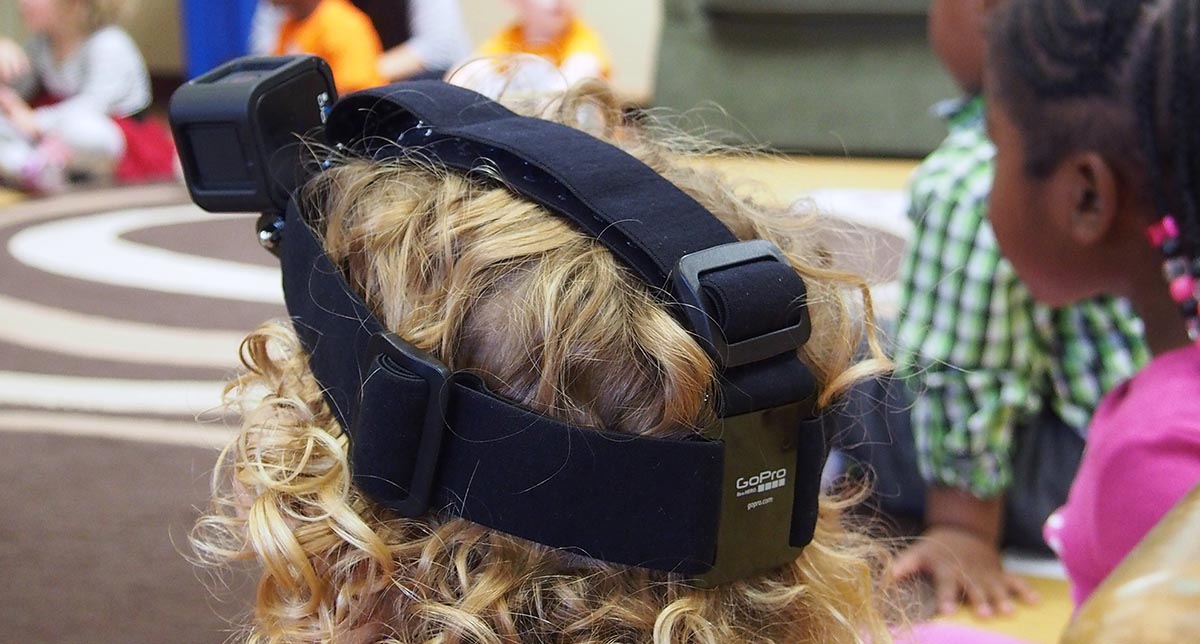Peer conflict is an important part of young children’s development. When children experience peer conflict, it can help them develop social understanding and – when handled well – maintain and build friendships in the classroom.
The latest Crane Center study used head-mounted cameras to examine preschool peer conflicts, as well as how and when teachers intervene. A total of 155 peer conflicts were identified in a mixed-age preschool classroom in an urban early learning center during observations involving 15 preschool children and three teachers. The study also conducted an interview and stimulated recall on the observed conflicts with the class’s master teacher approximately one year after the classroom observations.
KEY FINDINGS
– 1 –
Most conflicts were due to disputes over a toy or type of play.
– 2 –
Most mutual peer conflicts involved a moderate to high level of insistent behavior (refusal to compromise or come up with a solution).
– 3 –
Teachers tended to use cessation (stopping or redirecting) methods over mediation strategies (reconciling, coming up with solution) to intervene in conflicts.
– 4 –
Peer conflicts tended to occur briefly and frequently, and teachers intervened in less than one-half of these conflicts.
– 5 –
Teachers’ conflict intervention strategies were contingent upon students’ insistent behavior. One reason might be that teachers perceive conflicts involving moderate to high insistent behaviors as having greater likelihoods of yielding irreversible and harmful outcomes. This perception might have led the teachers to end the conflicts immediately using cessation strategies.
– 6 –
Overall, there are many factors that influence a teacher’s decision to intervene in a conflict; these include class ratios and children’s insistent behavior.
ACTION STEPS
Researchers
- Researchers could replicate this study with a larger sample to provide more insight into when and how teachers intervene in conflict.
Administrators
- Administrators could use the study findings to facilitate professional development training to help teachers use developmentally-appropriate strategies to support children’s conflict resolution.


